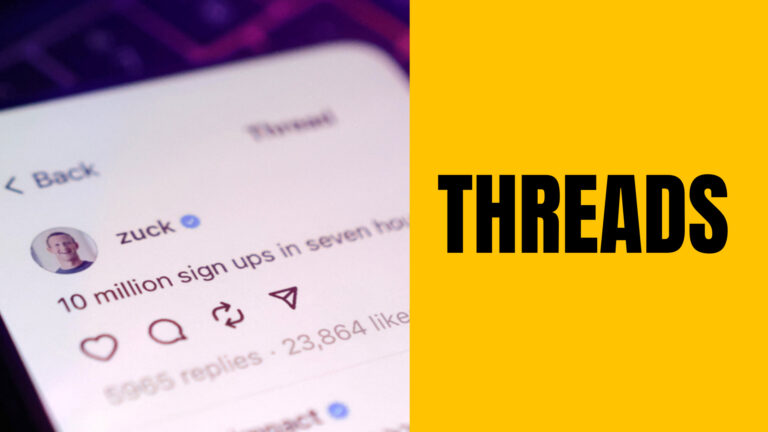Warm up
—- ** FOR NEW STUDENTS ** —————————————- ———-
- What industry do you work in and what is your role?
- What are your responses in your role / position?
- Can you describe to the function of your workplace / company?
- How many departments, how many offices. National or International?
- What is the Minimum requirements for employment ie Education or Experience?
- How many opportunities are there to ‘move up the ladder’?
- What is the process for changing job roles ie Interview? Test?
——————————————————– ———————————————–
General discussion about your workweek:
- Current projects? Deadlines? Opportunities?
- Anything of interest happening?
——————————————————– ———————————————-
Listening Questions
Before the video: Teachers will read the following questions aloud, please prepare for listening!
After the video:?. Did you get it? If not, please tell your teacher specifically which part you did not understand. Let’s review the video again 🙂
- What rarely looks good?
- How long should really good eye contact last?
- Name two “filler words”
SCRIPT
- I have five speaking tips for you whenever you’re in public whether that’s in a small classroom, at a boardroom table or maybe you’re just at happy hour wanting to network, well how on earth can you make a good impression? well there are some really fundamental basic things so here are my five practical tips for you.
- the first is you have to know your content, winging it rarely looks good so when friends call or text me say I have a big presentation, I’m so nervous what do I do? I say how well do you know your content? because if you’re making it up on the fly it’s probably going to translate like you don’t know your stuff
- my second tip is be authentic how many times have you sat through a meeting or watched a speaker where they just went in this like “presentation mode” they looked uncomfortable, maybe they looked a little nervous their eyes are all over the place and their body deceives them just be authentic.
- I encourage our clients to consider each presentation or speaking opportunity as conversation with people in your audience, just one conversation with another conversation and another conversation. Be yourself, guess what? we’re human, we relate to other humans so just be yourself, be likeable be relatable.
- the third tip I have is eye contact, College 101, speaking 101 we know to make good eye contact. I’m always amazed with my clients that they actually don’t know what “good” is. Well let me give you a little tip; three to five seconds is really good eye contact, now when you actually try it it will feel like
- eternity but I promise you that it makes the impression of confidence, authority and like you really do know your stuff …and hopefully you do.
- the fourth tip has to do with what on earth do we do with our hands when we’re talking. I’m always surprised that at weddings when people ask “hey so what you do?” I tell them my business, like “what do I do with my hands?”
- Well here is some really practical advice; just relax them. Most of my clients they get nervous their hands collapse in front of their bodies and it looks like nerves or they’re unprepared. Let them relax at your side be animated use them in good gestures but then let them relax.
- my fifth practical tip has to do with those filler words, you know which ones I’m talking about the pesky ones like umm, uhhh, so, like. Well, they’re riddled throughout our presentations why do we do that? well, my observation most of the time it’s subconscious.
- how do we start to weed out these really distracting words so that we sound more confident and we sound more articulate. while I coach my clients to start chunking up their information, meaning give an idea or two and then pause and start to develop your content into pieces that people can actually absorb, it also allows you the self-control to pause in between them. pausing is the anti filler word so those are my five very practical tips to speaking with more confidence.
DISCUSSION
- How often are you required to make a speech in your workplace? Describe some past speeches.
- In what ways do you prepare? How do you like to make speeches – what materials do you use?
- What are your biggest challenges/difficulties when making a speech?
KEY WORDS AND PHRASES
- “how on earth” / “how the hell” = used for emphasis
- fundamental = necessary core or base. basic/ foundational/ underlying.
- practical = 1. likely to succeed or be effective in real circumstances 2. the actual doing or use of something rather than with theory and ideas.
- content = 1. material dealt with in a speech, literary work. / text, subject, substance. 2. Information/entertainment made available online. ConTENT, Con-tent
- winging it = idiom. means to improvise, to do something without preparation. People often talk about winging it when they have to do something difficult that they didn’t have time to prepare — like a make speech or give a presentation.
- “on the fly” = while in motion or progress. / while its happening
- “know your stuff” = informal. to know a lot about a subject, or to be very good at doing something
- authentic/genuine, original
- “all over the place” informal. in a disorganized or confused state/ everywhere
- their body deceives them / Deceive = are my eyes deceiving me? definition: something you say when you cannot believe what you see
- relatable = feel sympathy for or identify with.
- 101 = showing the most basic knowledge about a subject
- Eternity / forever
- “what do you do” = what is your job
- Collapse = suddenly fall down / sudden failure.
- animated = full of life or excitement; lively.
- gestures = movement of the body, especially a hand or the head, to express an idea or meaning.
- pesky/annoying/ irritating
- riddled = many holes or filled with many things. /plagued – negative
- weed out = to remove (people or things that are not wanted) from a group
- articulate = 1. having or showing the ability to speak fluently and coherently / knowledgeable (articulUT) pronounce (something) clearly and distinctly. (articuLATE)
- chunking up = ‘Chunking up‘ refers to moving from specific, or small scale ideas/pieces of information to more general, larger ones.
- absorb = use or take up (time or resources).
- anti filler = rival of / the opposite of.
Answers
- winging it
- three to five seconds
- umm, uhhh, so, like



